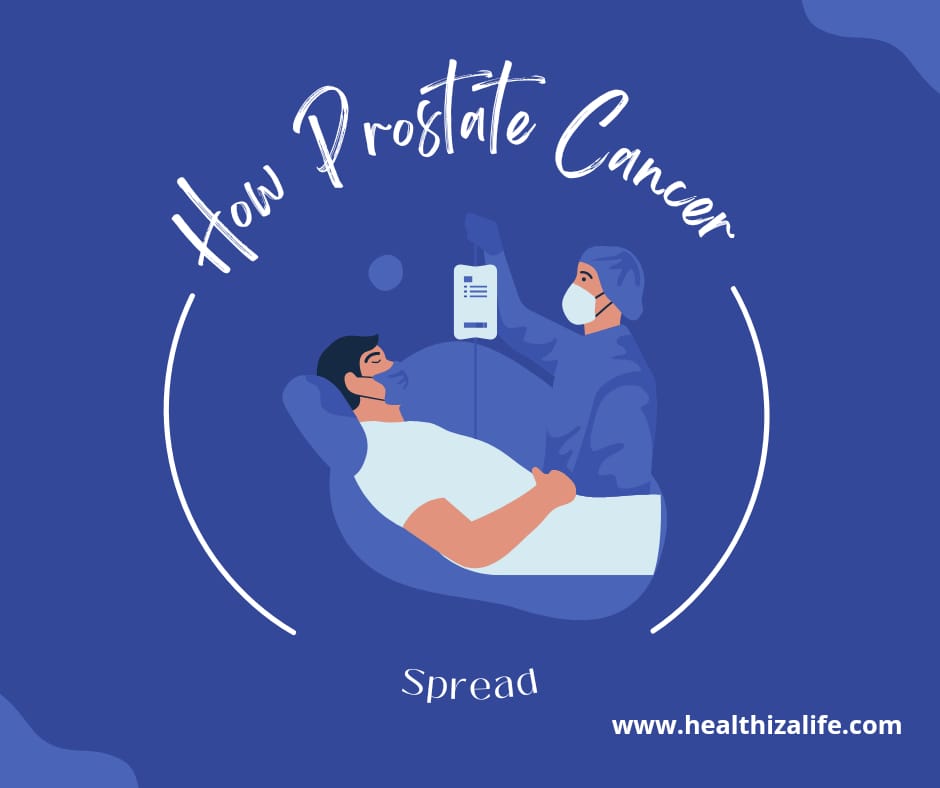What is Prostate Cancer?
When cells in the prostate gland multiply out of control, prostate cancer develops. These cells have the potential to disperse to other body regions and harm healthy tissue.
There are various possible causes for this.
Failure of Early Treatment
Early detection of prostate cancer usually results in successful therapy. Most males have a long cancer-free life span. But sometimes, despite treatment, prostate cancer can continue to spread slowly. This may occur following surgery or radiation treatment. When cancer persists inside the prostate or reappears and spreads to other tissues and organs, it is referred to as a chemical recurrence. Usually microscopic, cancer advances very slowly.
Active Monitoring
Some men may not require treatment right away since cancer cells often develop extremely slowly. Your physician could recommend active surveillance. That means you and your doctor will monitor your cancer for a while to see whether it worsens rather than immediately undergoing surgery or radiation treatment. You’ll get routine exams, biopsies, and MRIs. Additionally, you and your doctor will decide on the next course of action if your cancer becomes more aggressive. This strategy is typically used for guys whose cancer is projected to progress slowly and who don’t exhibit any symptoms. When surgery or radiation might be damaging, it is also a possibility.
Responsive Waiting
Another strategy is to wait it out. This prevents surgery and radiation, similar to active surveillance, and you and your doctor monitor the development of your cancer. However, watchful waiting does not involve routine testing. For those who don’t want or are unable to receive alternative cancer therapies or who have another major medical condition, this is frequently the best option. This method carries the danger that cancer can advance and spread in between examinations. If so, the type of treatment you could receive and whether your cancer can be cured could be limited.
Patient Concerns
As with any medical condition, it’s essential that you follow your treatment plan if you’ve been diagnosed with cancer. This can require scheduling routine checkups or, if radiation therapy is a component of your treatment, making sure to attend each and every appointment.
You can have a higher likelihood of your disease spreading if you miss some of them.
For instance, males who skipped two or more sessions of their therapy had a higher risk of their cancer returning, according to one study. Even when their radiation treatment eventually came to an end, that remained the case.
Late Detection
There is disagreement among experts over the appropriate age for prostate cancer screenings as well as whether or not all men should be screened for the disease. Exams like a prostate-specific antigen test can aid in the early detection of cancer.
Late Diagnosis
Experts disagree on whether all men should get tested for prostate cancer and at what age screenings and discussions about them should take place. Exams such as a prostate-specific antigen (PSA) test can help find cancer early. However, there are doubts as to whether the advantages of screening tests always exceed the disadvantages.
Some agencies advise men who are at average risk for prostate cancer to have screenings when they turn 50. If they have risk factors that increase their likelihood of developing prostate cancer, some men might choose to obtain screenings early.
There are typically no symptoms of early cancer. When you experience back or hip pain or difficulty urinating, you might visit the doctor. At that point, prostate cancer might be identified. Your doctor might then discover that your cancer has already spread outside of your prostate. If that’s feasible, you might be required to undergo a test such as a:
- CT scan
- MRI
- Bone scan
- Ultrasound
Knowing whether your cancer has spread will help you and your doctor decide on the best course of action.
Prostate Cancer – Treatment Plan
Your treatment plan highly depends on your Age, Health, Medicine Response and Condition. Doctors decide your treatment plan with the help of various tests and disease conditions. Sometimes medications proved beneficial for the treatment but many times your healthcare expert uses different therapies with medications. Here we are suggesting some of the medicines which have a positive effect on Prostate cancer treatment plans. Please consult your healthcare expert for further information.


